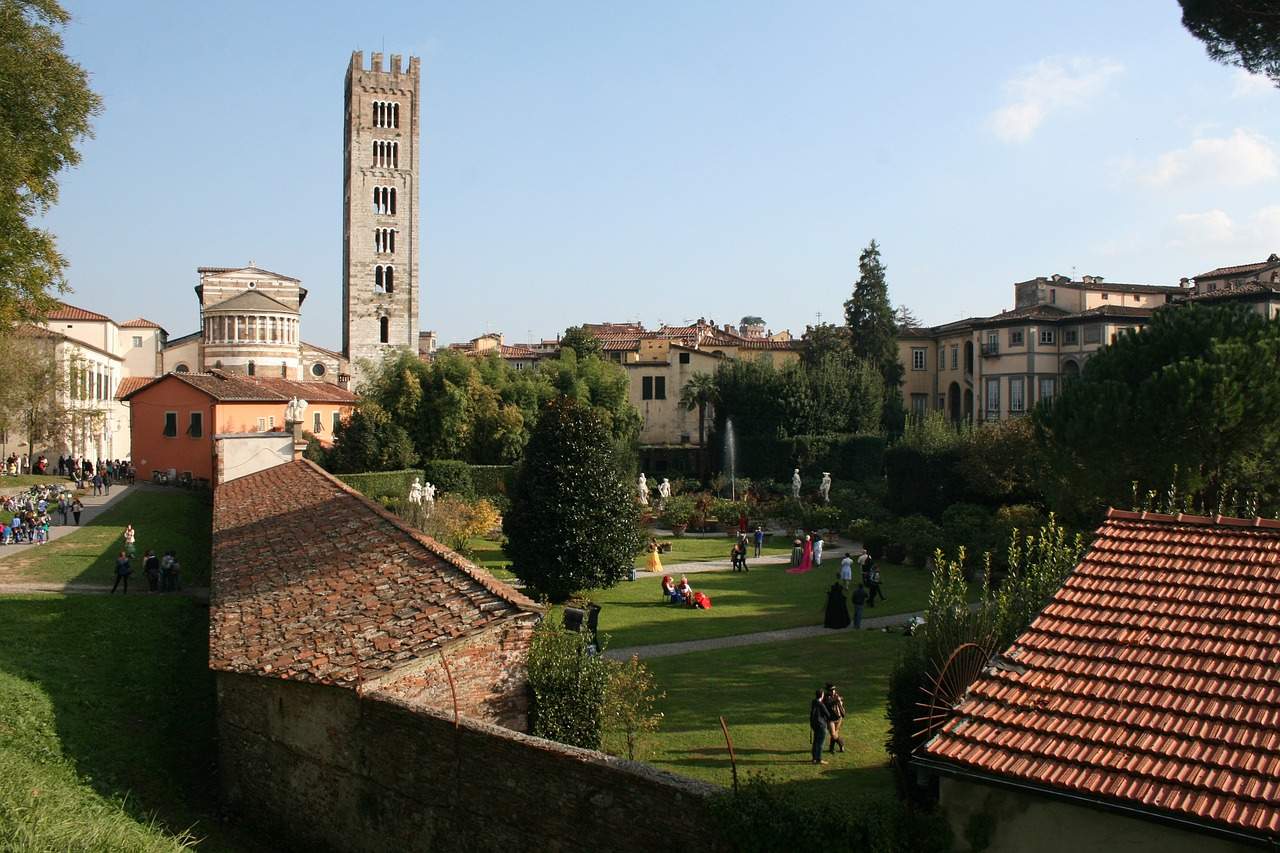There are 26 Italian cities that are candidates to become the Italian Capital of Culture 2026. The Ministry of Culture today published the list of municipalities and unions of municipalities that have sent expressions of interest for the call for “Italian Capital of Culture 2026.” It features 14 Italian regions, with a wide geographical distribution from the north to the south of the nation.
To continue the race toward the title, the aspiring Capitals will have to finalize their candidacy by sending by next September 27 a dossier that will be submitted later to the evaluation of a commission composed of seven independent experts of clear reputation in the field of culture, arts, territorial and tourism development.
The application dossier will have to contain: a title; the one-year cultural project, including a timetable and individual planned activities; the body in charge of project development and promotion, implementation and monitoring of the results, with the identification of a responsible figure; the assessment of economic and financial sustainability of the proposed cultural project; and the objectives pursued.
By December 15, 2023, the commission will define the short list of the 10 finalist cities, and the evaluation process-after the public hearing of the finalist projects by March 14, 2024-will conclude by March 29, 2024 with the proclamation of the Italian Capital of Culture 2026.
The last city to be awarded the title was Agrigento for 2025, preceded by Pesaro, which will become Capital of Culture in 2024, and Bergamo and Brescia, which are together the current Italian Capital of Culture for 2023. The first to achieve this recognition was Mantua in 2016. It was followed by Pistoia in 2017, Palermo in 2018 and Parma in 2020, a title also extended in 2021 due to the Covid-19 emergency; in 2022 it was Procida.
The winning city, thanks in part to the state contribution of one million euros, will be able to showcase for the period of one year its original characters and the factors that determine its cultural development, understood as an engine for the growth of the entire community.
This is the list of cities that have applied for 2026:
1. Agnone (Isernia) - Molise
2. Alba (Cuneo) - Piedmont
3. Bernalda (Matera) - Basilicata
4. Carpi (Modena) - Emilia Romagna
5. Cleto (Cosenza) - Calabria
6. Cosenza - Calabria
7. Gaeta (Latina) - Lazio
8. L’Aquila - Abruzzo
9. Latina - Lazio
10. Lucca - Tuscany
11. Lucera (Foggia) - Apulia
12. Maratea (Potenza) - Basilicata
13. Marcellinara (Catanzaro) - Calabria
14. Massa - Tuscany
15. Moliterno (Potenza) - Basilicata
16. Nuoro - Sardinia
17. Pantelleria (Trapani) - Sicily
18. Potenza - Basilicata
19. Rimini - Emilia Romagna
20. Senigallia (Ancona) - Marche.
21. Todi (Perugia) - Umbria
22. Treviso - Veneto
23. Unione dei Comuni dei Monti Dauni (Accadia - Anzano di Puglia - Bovino - Candela - Deliceto - Monteleone di Puglia - Orsara di Puglia - Panni - Rocchetta Sant’Antonio - Sant’Agata di Puglia; Foggia) - Puglia
24. Unione dei Comuni Terre dell’Olio e del Sagrantino (Bevagna - Campello sul Clitunno - Castel Ritaldi - Giano dell’Umbria -Gualdo Cattaneo - Massa Martana - Montefalco - Trevi; Perugia) - Umbria
25. Union of Municipalities Valdichiana Senese (Cetona - Chianciano Terme - Chiusi - Montepulciano - San Casciano dei Bagni - Sarteano - Sinalunga - Torrita di Siena - Pienza - Trequanda; Siena) - Tuscany
26. Unione Montana dei Comuni della Valtiberina Toscana (Anghiari - Badia Tedalda - Caprese Michelangelo - Monterchi - Sansepolcro - Sestino; Arezzo) - Tuscany
Pictured: Lucca
 |
| There are 26 cities nominated for the Italian Capital of Culture 2026. Here are which ones |
Warning: the translation into English of the original Italian article was created using automatic tools. We undertake to review all articles, but we do not guarantee the total absence of inaccuracies in the translation due to the program. You can find the original by clicking on the ITA button. If you find any mistake,please contact us.